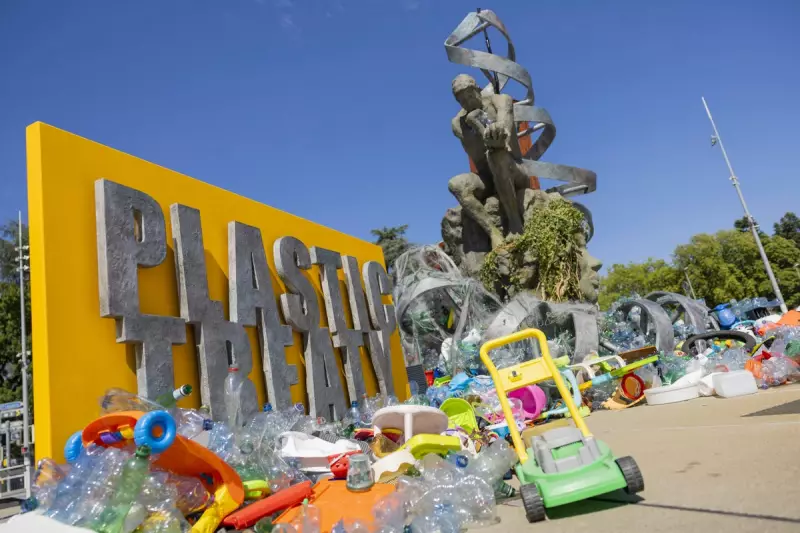
Oil Industry Influence Casts Shadow Over Critical Plastics Treaty Talks
Geneva has become the battleground for the future of global plastic pollution policy, as negotiators from 175 nations convene for the latest round of talks on a groundbreaking international treaty. However, environmental groups are sounding alarms about the disproportionate presence of fossil fuel lobbyists at the negotiations.
Lobbyist Numbers Spark Outcry
New analysis reveals that representatives from oil and gas industries outnumber many national delegations at the talks. With plastic production deeply tied to fossil fuels, campaigners warn this imbalance could water down the treaty's effectiveness.
"We're seeing the same playbook used in climate negotiations," said a spokesperson for the Environmental Investigation Agency. "When big polluters have a seat at the table, ambitious action tends to disappear from the menu."
The Stakes of the Geneva Negotiations
The proposed treaty represents the most significant opportunity to address plastic pollution since the material became ubiquitous in modern life. Key discussion points include:
- Caps on virgin plastic production
- Global standards for recyclability
- Measures to combat microplastic pollution
- Financial mechanisms to support developing nations
Industry Pushback vs. Environmental Urgency
While chemical and oil companies advocate for recycling-focused solutions, scientists and environmentalists argue this approach fails to address the root problem. Recent studies show that plastic production could account for 20% of global oil consumption by 2050 if current trends continue.
The negotiations continue amid growing public pressure, with over 1,000 organizations worldwide calling for binding measures to reduce plastic production at source.





